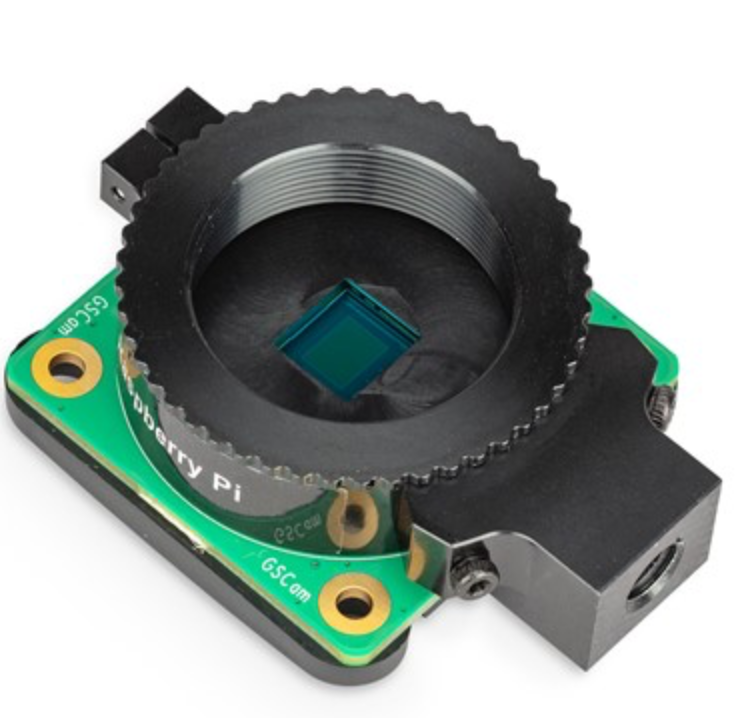
Two months after launching its Module 3 camera, Raspberry Pi is back with a brand new lens. The Global Shutter Camera is optimized for motion photography and machine vision applications, as it’s immune to the distortion experienced by typical rolling shutter cameras.
A rolling shutter camera captures images line by line. So, the top of the frame is captured first, while the bottom of your image is captured a fraction of a second later. When a speedy subject (such as an airplane propeller) moves faster than the camera’s shutter, the image becomes extremely warped and distorted.
Instead of going line by line, a global shutter camera exposes the entirety of its sensor to capture a distortion-free image. This makes the Raspberry Pi Global Shutter Camera a perfect choice for sports photography, or more notably, machine vision applications such as autonomous navigation or industrial manufacturing.
The Pi Global Shutter Camera should also reduce motion blur, as it supports exposure times down to 30µs. That said, these low exposure times require adequate lighting, such as studio or outdoor lighting.
The Raspberry Pi Global Shutter Camera is available today for $50. It’s compatible with any Raspberry Pi computer that has a CSI connector. Note that this camera requires a lens (C-mount or CS-mount).
Raspberry Pi Global Shutter Camera Module
Ideal for motion photography or machine vision applications, the Pi Global Shutter Camera is compatible with any Raspberry Pi that has a CSI connector.
Raspberry Pi 4 Model B (2GB RAM)
Start your next project with a Raspberry Pi 4, a powerful and affordable SBC.



